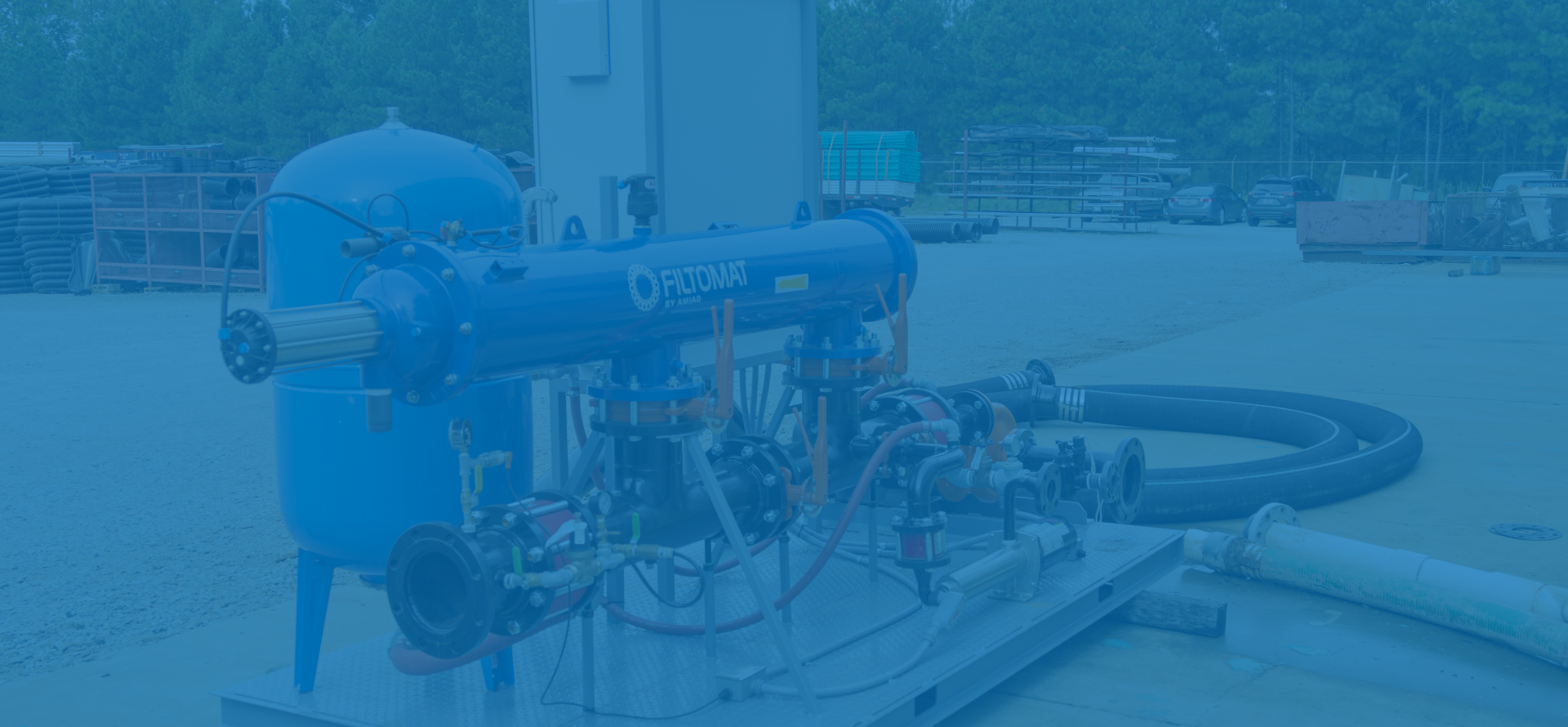Grill Selection
Making the Right Choice
Green Grilling
In earlier blogs we discussed the four different fuel types for grill use. We also discussed combining some fuels for flavor enhancement and for smoking. Then the question came up “What is the environmental impact of the fuel types?” This is a very good question.
For the last several years we all have heard about going “Green” with cars, appliances, and less energy consumption overall for our homes, but really no discussion of grill and smokers until recently.
The center of the debate of which fuel leaves less of a carbon footprint is between charcoal and gas. A gentle man by the name of Tristam West who is a researcher with the Department of Energy’s Oak Ridge National Laboratory shared the following information on several online websites.
Currently in the US, 76 percent of Americans own at least 1 gas grill and 42 percent own more then one gas grill. Sixty one percent of gas grill owners use propane grills; 48 percent own a charcoal grill; 9 percent own a natural gas grill and only 7 percent own an electric grill. So, what are the carbon emissions of different fuel types for grills? To answer this question lets look at an excerpt from an article by Collin Dunn.
“When it comes to carbon emissions, gas-powered grills win in a landslide. Tristam West, a researcher with the Department of Energy’s Oak Ridge National Laboratory, compared the carbon output of gas, charcoal and electric powered grills when producing 35,000 Btu’s per hour, a typical industry baseline. West’s calculations showed that gas produced 5.6 pounds of carbon dioxide each hour, compared to 11 pounds for charcoal. As mentioned above, electrical grills produce a whopping 15 pounds of carbon dioxide for every hour at 35,000 Btu’s, so aren’t the best choice from the carbon perspective.”
This debate can even go deeper because fossil fuel gases are not a renewable resource. Tristam goes on to state that lump or chunk charcoal is carbon neutral because it is made from virgin wood with no additives and it is a renewable resource. The problem is that this is not manufactured in large quantities locally and may have to be imported from many continents away, which raises its carbon footprint.
As grill manufacturers continue to try to produce more fuel-efficient grills, whether it is gas or charcoal, the carbon footprint should become less.
The debate of “green grilling” will continue and it should be fun to follow.
– Todd Smith
W.P. Law, Inc.








